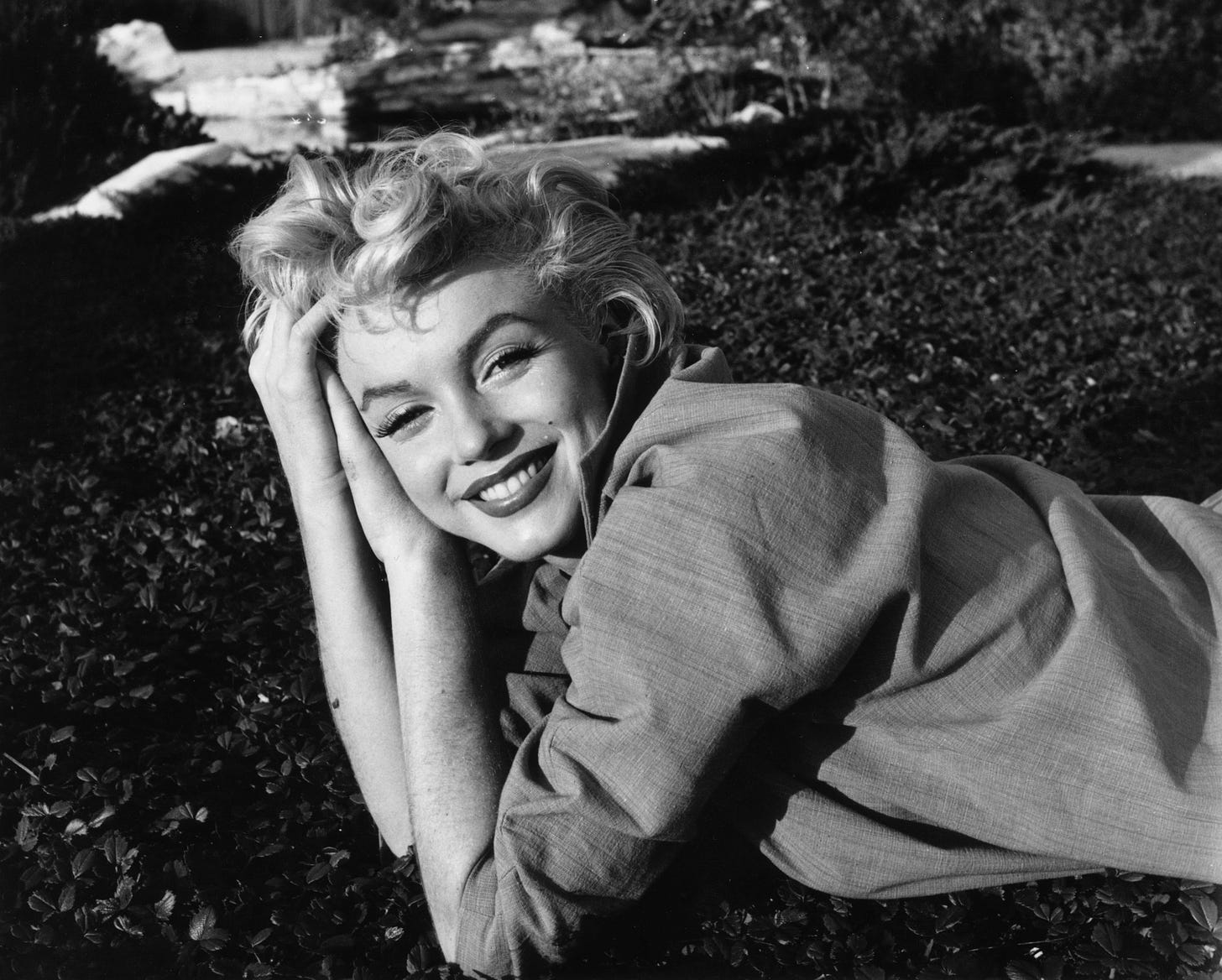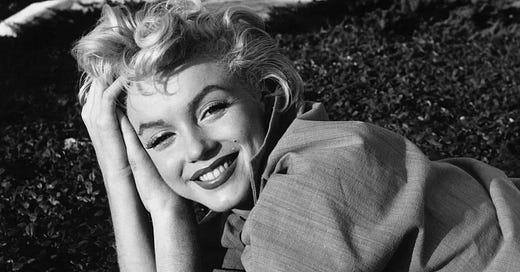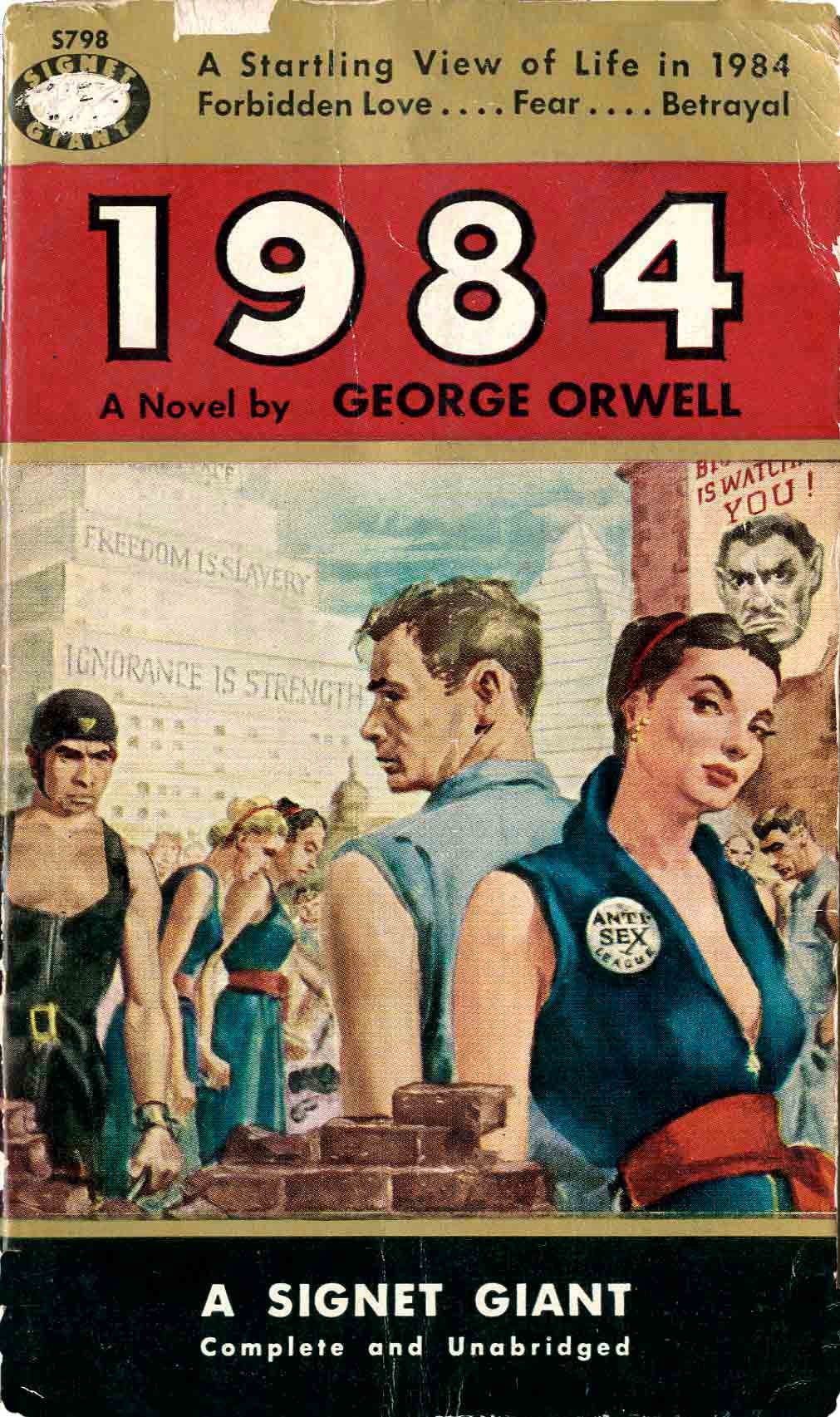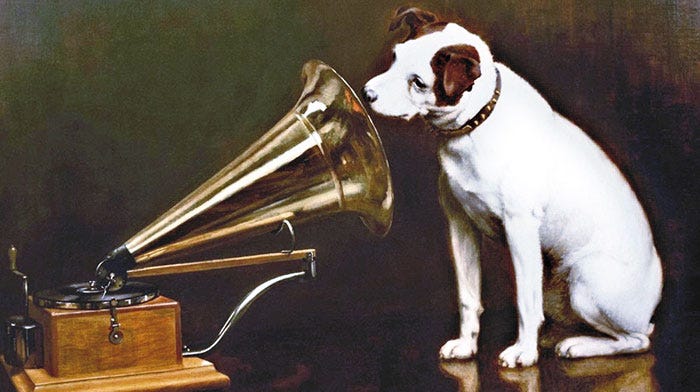
To every generation, the past is a series of mistakes they were born to correct. You know the people I’m talking about. The ones who make the rules. In every generation, there are people who make the rules and people who make fun of the people who make the rules.
During the summer of 1962, I traveled on a teen tour across the United States. The boyfriend of a cool girl had told her, “Some people are aware, and some people are unaware.” He was in college, and we were 15. I thought I must be unaware because I didn’t understand anything. The cool girl didn’t eat and wore a striped shirt. As we moved west, I got fatter. It was the summer Marilyn Monroe died. Her smudged image looked out from the newspapers travelers held up to their faces. The cool girl picked another girl to sit with. This girl had red hair and the same slim figure as the cool girl. Before Marilyn died, she had been a joke. Now, she was a mystery. The cool girl’s boyfriend had said there was no God. I gave up God. It was like pulling off a Band-Aid. A few years later, the cool girl joined the Weather Underground and the girl she sat with married a billionaire with a discolored front tooth.
As soon as we learn something, we think we’ve always known it. We don’t remember making mistakes along the way. Why are we like this? I don’t know. I’m not much interested in why people do whatever they do. For one thing, no one knows why people do what they do. Second, people are always changing.
One day, when I tried to log onto my computer, it wouldn’t accept my password. I went into the snow barefoot to call Richard back from shoveling. I said, “Let the snow alone! I need you!” He sat beside me on the couch and because he was there I saw that the little green light on the caps lock was on. I said, “Oh, sorry.” I remember sitting on stairs reading 1984. I’m at Woodmere Academy, and class has begun. I can’t stop reading. The stairs are smooth and cool and smell of adolescent sweat. No one misses class at this school. I’m new, maybe 14. I don’t want to interrupt the voluptuous flow of a love story with rats. This tendency will shadow my entire life. Many good things will happen to me on steps.
The other week, I’m at a party, and I’m sitting with people my age. How do I know this? I know this. It’s always the same when you meet new people. Is there an invisible ball to toss between you? With these people my age, I feel they’re in a different generation from me. The generation not of my parents but of older friends who, when I talk, tilt their heads quizzically like the RCA dog hearing a new sound. The male humans my age are talking as if their opinions are important because they are the opinions of a man and the female humans my age are getting that squirmy look around the mouth as if to say, and actually they do say, he doesn’t mean it, you don’t know him like I know him, he’s not that guy. He is that guy. That’s exactly who he is. She knows it, and then she forgets she knows it.
Maybe the people my age at this party think they’re talking to someone older than them when they look at me and hear me speak. Some piece of sixties driftwood weathering on a beach. We cannot see ourselves. That is a fact. Also a fact: set ideas about what this generation is and what that other generation is are stones you load in your pockets on the way to drowning yourself.
Early in the 20th Century, generations were loosely given names with historical references. The lost generation were the disillusioned young people entering adulthood after World War I. The great generation believed in fighting for democracy during World War II. With the baby boomers—a surge of births following the war—we get not only a nickname for a massive population but the possibility of a niche market to sell things to. Once you have a niche market that works, you’re going to get a string of other generational categories—gen X, millennials, gen Y, etc.—defined by traits that don’t exist or don’t largely apply. Can you opt out of an identity that’s been placed on you? There are all kinds of words for things that don’t really exist and are only arbitrary constructs, such as wisdom and potential and God.
Richard and I are walking in Hudson, and there’s a woman I haven’t seen in a while. This woman is thirty years younger than me, it comes up. I didn’t know this before because I just didn’t. With this woman, there is always the invisible ball. We sit on a bench, and she says, “I’m in love with my son.” I say, “Isn’t that to be expected?” She says, “I mean instead of my husband,” and then we’re off. You can go anywhere with an opening line like that in the garden of forking paths, in the jazz imrov that is the conversation I am always looking for. I don’t know who this woman thinks she’s talking to, and it’s not my business to care. Are we speaking the same language, where did we find this language, what does this language mean, what are we wearing, who are we protecting, what is the meaning of that mouth on Kamala, how happy are we that candidate Kamala is woman and Black, how happy are we that we’ve found each other again.
Richard and I invited our friend Rosie to our house to talk about being different ages. Rosie is 53. Richard is 74, and next month I will be 78. I put it to Rosie straight out: did she think of us as her “older friends”? She said no. I could tell she wasn’t lying as much as you can tell anyone isn’t lying, which everyone knows is impossible.
I asked Richard, “Do you think of Rosie as our younger friend?” He said no. I’m sure he was telling the truth as much as you can know someone is telling the truth. It was the same with me. I didn’t think of Rosie as my “younger friend.” For one thing, she’s not that young. Or is it I’m not that old.
Yet it’s cozy to have someone confirm for you you’re having an interesting life, and the reason Rosie is living an interesting life is it’s so recognizably unfinished. She is beautiful like a model. That’s because she was a model. At sixteen, she left home, went to Japan, became a sensation in Japan, aged out of being a sensation in Japan, went to art school, and wondered how to make as much money from art as she’d made from modeling. That officially known as entering the are you kidding me stage of life.
I said to Rosie, “You are a fan made of feathers, and you open slowly, one feather at a time.” She smiled. At each rendezvous, she exposes another exciting feather. She knew this person. Really? Tell me more. She worked at that place? Really, tell me more. You wore clothes from that designer? Really, did those clothes change the temperature of the air around you? She said, “Of course. Clothes make weather.” I knew that, and it was cosy having that confirmed.
I don’t need to tell you what I was doing at Rosie’s age. It wouldn’t be a guide for her or anyone else. I didn’t set out to live a life that wouldn’t be a guide for anyone. I couldn’t help it.
I made paninis for Rosie and Richard, and we decided we had nothing to say about being in different generations. Nothing. It’s the same now as always. You find your fish and you swim towards each other.
Today I was thinking I would stick with people I’m happy to talk to—even when I’m unsure why we’ve gravitated toward each other. Every time we meet, this person and I feel like strangers at a party inside another party going on around us. Some people are good at appearing pleased to see you, and they like to stay up all night talking and drinking. It’s something they just do, and the person they do it with doesn’t matter as much as at first you thought it did. I’m okay with that, and I think this is possibly a stage of life people enter. Or a stage of life I’ve entered. As soon as I arrive at an understanding like this, the ground shifts under my feet.
For the coming month, I’ve accepted two jobs to work as a server and a caterer. At the first job, I’ll be a server at a party in someone’s home. For the second job, I’ll be preparing the food, planning the event, and working the gathering as a server with a bar tender I’ll hire. I learned to do this work in my early fifties, after I was fired from the Village Voice as part of a series of firings that would clear the paper of established writers being paid a fair amount. From one angle, the way I see myself, I’m always a bit lost and pleased to be part of any group I admire. I work hard to stay in the group, and hard work excites me. I feel a special pleasure in doing these jobs as I get older. It’s part of the way getting older is that’s your problem. It’s part of the way getting older is nothing, really, the same way that being female is nothing, really, except for the way the world insists you are what you are not. Insist away, mothafuckas. You want to know what food I’ll be preparing?









I am thrilled as always to be a part of Sari Botton's world. For anyone interested, I will be hosting a Zoom conversation on writing craft this Saturday from 3 to 4 EST. I'll be speaking about creating collage pieces--how do you know what to include and what to leave out? How do you know where to start and when to leave? You are also invited to send ahead questions about your own writing projects. To learn more and RSVP, please email me at: lauriestone@substack.com
"He is that guy. That's exactly who he is." Yep. that's right. Ughhh.